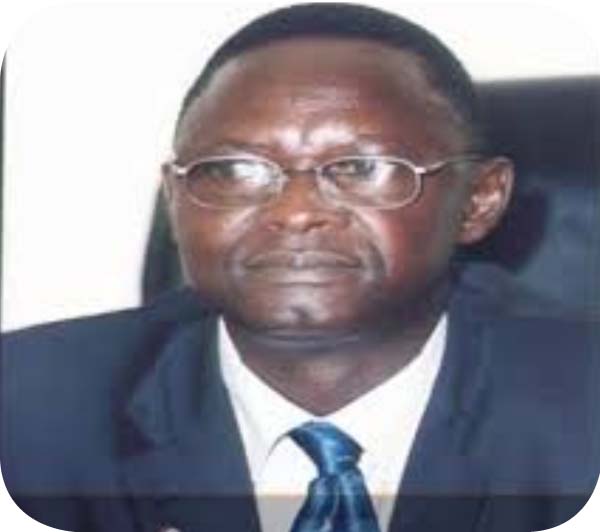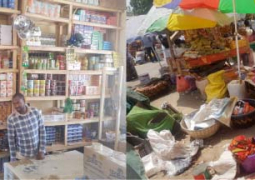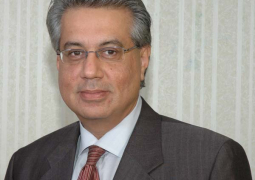
2014 CITIZENS BUDGET
Introduction
What Government wants to achieve from publishing the 2014 Citizens Budget
A budget (in accordance with Chapter IX, Part 1, Section 152 I, IA, 3A, 4-6; and Government Management and Accountability Act 2004) explains how government intends to raise money and spend it in meeting its obligations to the citizens.
The 2014 budget is a compilation of all the revenues that Government intends to both collect and spend to meet two things:
1.Maintainthe running of government (Recurrent Budget) and
2.Continue or initiate development programmes (Development Budget).
This version of the 2014 Budget, namely the Citizen’s Budget Edition, is a transition in simple non-economic language of the conventional budget presented to the National Assembly by Government and approved for implementation.
This citizens budget is aimed at civil society so that they will further repackage it in formats most suitable for communication to varying target audiences.
It is hoped that all citizens will be able to use this budget and increase their involvement in the economy so that economic activities will be more intense with growth and employment achieved.
How the 2014 Budget helps to deliver the Development Promises of Government
In December 2013, the Honourable Minister of Finance presented to the National Assembly, the Budget for 2014, which marks the third year of implementation of the PAGE (Programme for Accelerated Growth and Employment).
The PAGE is an offshoot of the VISION 2020, which seeks to make The Gambia a middle income country by the year 2020 and therefore a medium term tool for delivering the development promised in Vision 2020. It is anchored on generating economic development that creates employment.
The 2014 budget is the annual tool for delivering the PAGE promises and among other things seeks to achieve:
I.Continuation of implementationof the developmentpromises of the PAGE, which startedin 2012; now in its third year,
II.An increase in the rate at which the PAGE is achieved.
III.A reduction in spending and costly borrowing from Gambians to 2.5% of GDP and if possible to 0% of GDP.
IV.Taking advantage of the achievements of the PAGEso far and ensuringsustainabledevelopment; which means continuingto invest in agriculture(to achieve food self sufficiency as envisaged in Vision 2016) and the productivesectors (Science and Technology, Infrastructure and Energy); all aimed at ensuring poverty reduction. This will be done in cooperation with development partners as government continues to see meeting its obligations to all Gambians.
What the 2014 Budget means to me and how it was put together
The 2014 budget means so much to the citizens, including that:
I.The government is in its third year of implementing the PAGE (delivering development and poverty reduction).
II.The Government is focusing on reducing the financial gap between spending and the availability of money so that debt will significantly be reduced and more money will now be available for development programmes. It is hoped that this will increase economic activity, output, and employment and therefore reduce poverty.
III.By reducing the government domestic debt, interest rates will stabilizeand this will enable money to be in the hands of the private sector so that they will invest more in their businesses, employ more people, produce more goods and services and raise more money for government to spend on public goods and in the process make sure that there is continuous growth in the years to come.
IV.The total revenue that government expects to generate externally in 2014 is D8,557,701,000.
V.The total spending (expenditure) that government intends to undertake is D10,222,675,000. This means that there is a revenue gap, which will be funded from foreign borrowing and grants, amounting to D1,664,947 (16.3% of total planned expenditure).
Section II of the 2014 Citizens Budget, which addresses the question of “Economic Opportunities and Challenges and How It ImpactsWhatGovernment Plansto Achieve in 2014”, will be published in our subsequent Economywatch editions.



